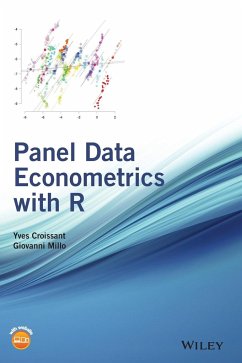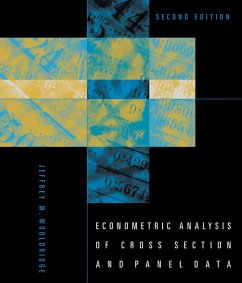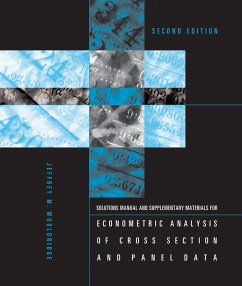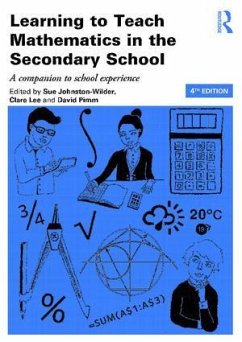
An Introduction to Panel Data QCA in R
Versandkostenfrei!
Versandfertig in 6-10 Tagen
91,99 €
inkl. MwSt.
Weitere Ausgaben:

PAYBACK Punkte
46 °P sammeln!
In the last few years, Qualitative Comparative Analysis (QCA) has become one of the most important research approaches in social science. This has encouraged researchers to apply QCA, to analyze cross-sectional and panel data, leading to the development of a variety of cross-sectional and panel data QCA models.This book compares four different panel data QCA models: Cluster QCA, Multiple Sub-QCA, Remote-Proximate Panel, and Relevant Variation Panel. It starts by introducing QCA as a research approach, then discusses the assumptions, and steps in a QCA research process. It then applies these as...
In the last few years, Qualitative Comparative Analysis (QCA) has become one of the most important research approaches in social science. This has encouraged researchers to apply QCA, to analyze cross-sectional and panel data, leading to the development of a variety of cross-sectional and panel data QCA models.
This book compares four different panel data QCA models: Cluster QCA, Multiple Sub-QCA, Remote-Proximate Panel, and Relevant Variation Panel. It starts by introducing QCA as a research approach, then discusses the assumptions, and steps in a QCA research process. It then applies these assumptions and steps to demonstrate each of the 4 afore-mentioned panel data QCA models. Each chapter also provides a step-by-step guide, that researchers can follow while building any of these 4 panel data QCA models. Finally, it compares the strengths and weaknesses of each of these models and suggests scenarios where researchers can apply them. This book is supplemented by materials like datasets and codes, available at the end of each chapter, and online on Harvard Dataverse. This book can be used as a textbook for introductory and advanced courses on panel data QCA.
This book compares four different panel data QCA models: Cluster QCA, Multiple Sub-QCA, Remote-Proximate Panel, and Relevant Variation Panel. It starts by introducing QCA as a research approach, then discusses the assumptions, and steps in a QCA research process. It then applies these assumptions and steps to demonstrate each of the 4 afore-mentioned panel data QCA models. Each chapter also provides a step-by-step guide, that researchers can follow while building any of these 4 panel data QCA models. Finally, it compares the strengths and weaknesses of each of these models and suggests scenarios where researchers can apply them. This book is supplemented by materials like datasets and codes, available at the end of each chapter, and online on Harvard Dataverse. This book can be used as a textbook for introductory and advanced courses on panel data QCA.














